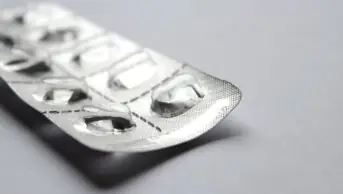
Shutterstock.com
Some six in ten pharmacists (62%) have said they spend at least one hour every day dealing with issues relating to medicines shortages, according to results of a survey carried out by the Pharmacists’ Defence Association (PDA).
The ‘PDA Brexit medicines survey’, launched on 22 August 2019 and published on 27 September 2019, asked pharmacists about problems with medicines supply and the possible impact of Brexit.
The results show that 90% of the 1,071 pharmacists who responded thought that medicines shortages had increased over the past 12 months, with shortages said to have affected 21% of prescription drugs over the past three months.
Furthermore, 81% of respondents thought that medicine shortages would get worse after a no-deal Brexit, with 55% saying they thought the shortages would get “much worse”.
Commenting on the survey, a spokesperson from the PDA told The Pharmaceutical Journal that the results “present a stark picture of the huge stresses which drug shortages are causing for both pharmacists and patients”.
“Whilst these shortages cannot be ascribed to Brexit, they do show the need for concerted action to ensure that leaving the EU will not exacerbate an already unacceptable level of drug shortages,” they added.
Prior to the survey’s launch, a statement issued by the PDA on 7 August 2019 warned that it would “potentially be frontline pharmacists that face patients, and their carers and families, and have to spend the time explaining what alternative options exist in the event of a medicines shortage crisis” after Brexit.
Pharmacists and pharmacy bodies have already voiced their concerns to The Pharmaceutical Journal about the government’s claims that it is ready to leave the EU without a deal in place.


